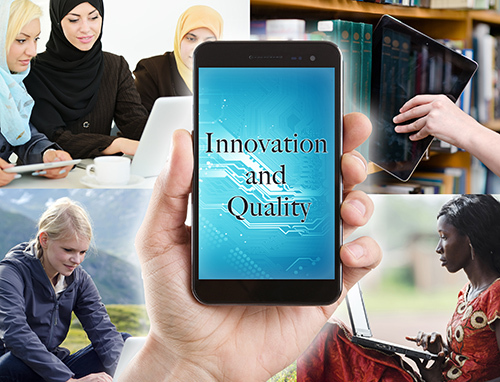
جدت طرازی اور معیار: ایک ہی سکے کے دو رخ? تعلیم فاسٹ فارورڈ کے 17th کے عالمی موبائل لرننگ ویک میں پیرس میں شراکت میں یونیسکو کے ساتھ بحث کا عنوان تھا. ایک ساتھ لایا بڑی بحث زندگی بھر سیکھنے میں موبائل ٹیکنالوجی کے اثرات پر تازہ ترین خبروں اور خیالات پر بات چیت کرنے کے لئے دنیا بھر سے اس میدان میں رہنماؤں نے سوچا. کس حد تک تعلیم کے معیار کو مضبوط بنانے کے موبائل ٹیکنالوجی ہے? رسائی کے بارے میں کیا? 21st صدی کی مہارت پر بڑی توجہ کو دیکھتے ہوئے, کیا کردار موبائل ٹیکنالوجی کے نصاب جدت میں ادا کر سکتے ہیں? پبلک پالیسی گذارش کس قسم کے کلاس رومز میں موبائل ٹیکنالوجی کے فوائد کو بڑھا سکتے ہیں?
میں ہمارے ساتھ تعلیم کے لئے گلوبل تلاش today to continue the EFF17 discussion are Lord Jim Knight, Chair of the UK Online Foundation and HTI Education Trust, تھامس ایم. فلپ, Associate Professor at UCLA, Professor Mike Sharples, Professor of Educational Technology at The Open University, and Jim Wynn, Co-Founder and CEO of Education Fast Forward and CEO of Imagine Entertainment.
حضرات: How do you see the principal pros and cons of mobile learning?
Michael Sharples: We are living in an increasingly mobile world, where people are continually on the move and ideas are fluid and rapidly changing. Mobile learning supports learning across locations and provides immediate connection between people and ideas.
The main disadvantages are that mobile learning doesn’t fit well with traditional education. The focus on personal devices, learning across locations, and learning from experience just doesn’t mesh with the classroom as a fixed location for learning and the teacher as source of knowledge and authority.
جم ویان: The pros include access to learning materials, other people and information; and convenience, including size, cost and anytime use. The cons include the 4 BILLION people without internet access, mixed phone quality, internet connectivity issues and inconsistent pedagogical quality of materials.
رب جم نائٹ: The most compelling use of technology for learning that I see is flipped learning. This technique should see more teachers pushing learning content to pupils in advance of class, to then allow face to face time at school to be used more effectively to embed the learning.
Mobiles will be used for bad behaviour. For bullying, for wasting time, and to distract from learning. But they can be used for research, for recording learning in an assessable format, and for individual response in formative assessment.
Thomas Philip: We need to start with questions that focus on what sort of learning experiences we’d like to facilitate and, even more fundamentally, the purpose of learning. Then we need to ask ourselves how mobile technologies might support this vision of learning. When mobile technologies are one set of tools in a repertoire of resources that a teacher/facilitator has access to, they can be leveraged in powerful ways.

How do we make sure that mobile technology in classrooms works to benefit all?
رب جم نائٹ: We need professional development for teachers so they can collaborate on the best pedagogy and differentiation. We also need to ensure no one is denied the advantages of the technology due to cost or lack of connectivity at home.
مائیک Sharples: For learning inside the classroom, the biggest barrier to successful adoption is school policy. بعض ممالک میں, such as Denmark, allowing children to bring personally owned devices into the classroom is just not a problem. The children use their phones and tablets where appropriate to supplement their learning, and the process is managed by the teacher. In other countries it has become a battleground between children and schools – with schools banning mobile devices and children seeing this as a provocation.
Thomas Philip: If classrooms, اسکولوں, and society are inequitable, the introduction of mobile technologies into classroom spaces will not fundamentally alter these inequities. We need to engage in the difficult work of understanding and addressing relationships of power, authority, and knowledge in the classroom. We must create learning environments where students and their cultural backgrounds are valued and built upon. We need spaces where students feel connected to their peers and adults. If we create these conditions, mobile technologies can benefit all students.
جم ویان: We need to look at what the need is first and engineer a solution to solve the problem. What we tend to see is a solution and people trying to see how to use it. I saw an example of young children sending arithmetic questions to each other via an app. Paper would have been better.
How are the current innovations in mobile tech shaping the global consciousness of our students?
Thomas Philip: Social networking coupled with the access to international and alternative news sources create unprecedented opportunities for young people to develop global consciousness as they learn with others from across the world.
رب جم نائٹ: The computing and communicative power of a smartphone is extraordinary. It allows us to consume and create content on the move and share it with anyone in the planet. As more of us in more parts of the world have access to these devices, we will see more national boundaries become irrelevant.

How can technology innovate secondary language education?
رب جم نائٹ: Duolingo, a mobile language learning app, ہے 100 million registered users. It is not alone. Duolingo uses a pedagogy of small sessions of daily practice, taught by machine. Others link people over video to practice and tutor together. These are powerful techniques that can only grow in their impact.
جم ویان: The need to study languages without being controlled by the school clock is the first advantage – learn when you want is crucial for language development.
I think here is a lot of research that language learning needs feedback for it to be effective. There are apps now that can listen to you talk and let you know what you have said.
In what way will e-reading shape classrooms of the future? Can e-reading be a part of improving early-childhood literacy?
رب جم نائٹ: E-books allow access to much more content, more cheaply. They allow data to be collected as to where readers struggle to keep going, they can highlight, they can share annotations, they can follow hyperlinks and even consume video. That is powerful in education and should be used in schools. تاہم, they are harder to share and in early childhood I am more of a fan of sharing illustrated books and the magic of people reading to each other.
جم ویان: E-readers that can be dynamic and fun will make a big difference. Some e-readers allow you to look up the definition of a word instantly, some allow you to follow a theme or a character so you can get under the skin of the text, some have random characters that talk to you or surprise you. The future is huge for this and some innovative work has even seen the book storyline change as you move through it. You can also hold every book you need in your pocket so it has a huge physical advantage too.
Michael Sharples: Interactive books that provide assistance with phonics, spelling and meaning development can be valuable in early reading; مثلا. دیکھیں http://teacher.scholastic.com/clifford1/.
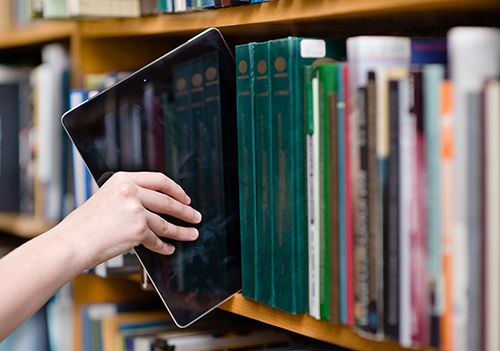
21st صدی کی مہارت پر بڑی توجہ کو دیکھتے ہوئے, کیا کردار موبائل ٹیکنالوجی کے نصاب جدت میں ادا کر سکتے ہیں?
جم ویان: I think technology has the potential to unlock new approaches to assessment that will change what and how we teach. I believe that the current curriculum shape and form that we see around the world with subjects taught in silos has to change. The content can remain but we should learn math in context and if we studied food, مثال کے طور پر, it would need to cover math, physics, history geography, وغیرہ. Technology could track the learning object but unlock the ability to teach something in context. This would also enable the development of different characteristics in learners in a way that would be useful post formal education.
رب جم نائٹ: Mobile is good for research, for curation, for content creation, and for communication – therefore a great tool for teaching these skills, but not essential.
Michael Sharples: At The Open University we are developing tools and platforms for inquiry-lead learning in the wild, مثلا. iSpot اور nQuire-it.
What kinds of public policy proposals would increase the benefits of mobile technology in classrooms?
رب جم نائٹ: First and foremost is universal access. If mobile tech is embedded in learning than everyone needs equal access to devices and connectivity. There is great practice in this area but the digital divide persists in every country of the world. دوم, we need good advice on technical and behavioural matters. آخر, we need training to give teachers the confidence to use these new tools and move on from the downsides of mobiles.
جم ویان: Allow teachers to use them and not ban them. Fair and equitable access would need to be considered so that there doesn’t become a technology apartheid situation. Copy Uruguay and pass laws to protect learning technology budgets. When the UK ring fenced tech money in the late 1990, it made a huge difference to access.
Michael Sharples: There needs to be a policy shift from “ban and contain” کرنے کے لئے “manage and support”. That happened with pocket calculators in classrooms in the 1980s, and connected multimedia mobile devices are now cheaper (in real terms) and far more powerful than calculators were then. It is entirely possible to integrate mobile technology into classrooms, as has been shown by Denmark.
Watch the EFF Debate یہاں.

(ساری تصاویر شٹر اسٹاک اور سی ایم روبن ورلڈ کے بشکریہ ہیں)
سر مائیکل باربر سمیت میرے ساتھ اور عالمی سطح پر معروف فکری رہنماؤں (برطانیہ), ڈاکٹر. مائیکل بلاک (امریکہ), ڈاکٹر. لیون Botstein (امریکہ), پروفیسر مٹی Christensen کے (امریکہ), ڈاکٹر. لنڈا ڈارلنگ-ہیمنڈ (امریکہ), ڈاکٹر. MadhavChavan (بھارت), پروفیسر مائیکل Fullan (کینیڈا), پروفیسر ہاورڈ گارڈنر (امریکہ), پروفیسر اینڈی Hargreaves نے (امریکہ), پروفیسر کریں Yvonne ہلمین (نیدرلینڈ), پروفیسر کرسٹن Helstad (ناروے), جین Hendrickson نے (امریکہ), پروفیسر گلاب Hipkins (نیوزی لینڈ), پروفیسر Cornelia Hoogland (کینیڈا), فاضل جیف جانسن (کینیڈا), مسز. چینٹل کوفمین (بیلجیم), ڈاکٹر. EijaKauppinen (فن لینڈ), سٹیٹ سیکرٹری TapioKosunen (فن لینڈ), پروفیسر ڈومینک Lafontaine (بیلجیم), پروفیسر ہیو Lauder (برطانیہ), رب کین میکڈونلڈ (برطانیہ), پروفیسر جیف ماسٹرز (آسٹریلیا), پروفیسر بیری McGaw (آسٹریلیا), شیو ندار (بھارت), پروفیسر R. نٹراجن (بھارت), ڈاکٹر. PAK NG (سنگاپور), ڈاکٹر. ڈینس پوپ (امریکہ), شریدر رازگوپالن (بھارت), ڈاکٹر. ڈیانے Ravitch (امریکہ), رچرڈ ولسن ریلی (امریکہ), سر کین رابنسن (برطانیہ), پروفیسر Pasi Sahlberg (فن لینڈ), پروفیسر Manabu ساتو (جاپان), Andreas کی Schleicher (پیسا, او ای سی ڈی), ڈاکٹر. انتھونی Seldon نے (برطانیہ), ڈاکٹر. ڈیوڈ Shaffer کے (امریکہ), ڈاکٹر. کرسٹن عمیق کر رہے ہیں (ناروے), چانسلر اسٹیفن Spahn (امریکہ), ایوز Theze (LyceeFrancais امریکہ), پروفیسر چارلس Ungerleider (کینیڈا), پروفیسر ٹونی ویگنر (امریکہ), سر ڈیوڈ واٹسن (برطانیہ), پروفیسر Dylan کے Wiliam (برطانیہ), ڈاکٹر. مارک Wormald (برطانیہ), پروفیسر تیو Wubbels (نیدرلینڈ), پروفیسر مائیکل نوجوان (برطانیہ), اور پروفیسر Minxuan جانگ (چین) وہ تمام اقوام کو آج سامنا ہے کہ بڑی تصویر تعلیم سوالات دریافت کے طور پر.
تعلیم کمیونٹی پیج کے لئے گلوبل تلاش
C. M. روبن وہ ایک موصول ہوئی ہے جس کے لئے دو بڑے پیمانے پر پڑھا سیریز کے مصنف ہے 2011 میں Upton سنکلیئر ایوارڈ, “تعلیم کے لئے گلوبل تلاش” اور “کس طرح پڑھیں گے?” انہوں نے تین bestselling کتابوں کے مصنف ہیں, سمیت Wonderland میں یلس اصلی, کے ناشر ہے CMRubinWorld, اور ایک Disruptor فاؤنڈیشن فیلو.
C پر عمل کریں. M. ٹویٹر پر روبن: www.twitter.com/@cmrubinworld


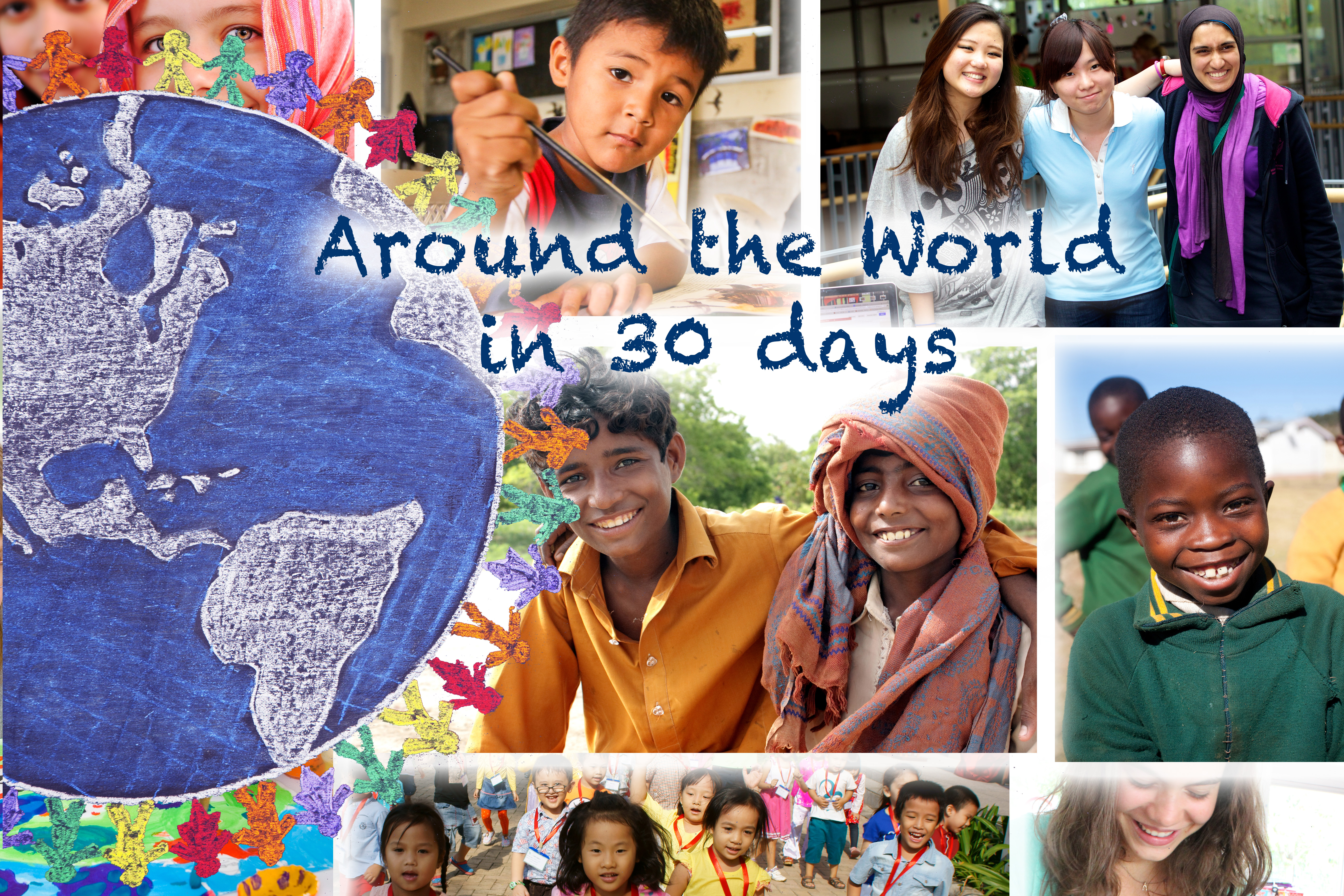
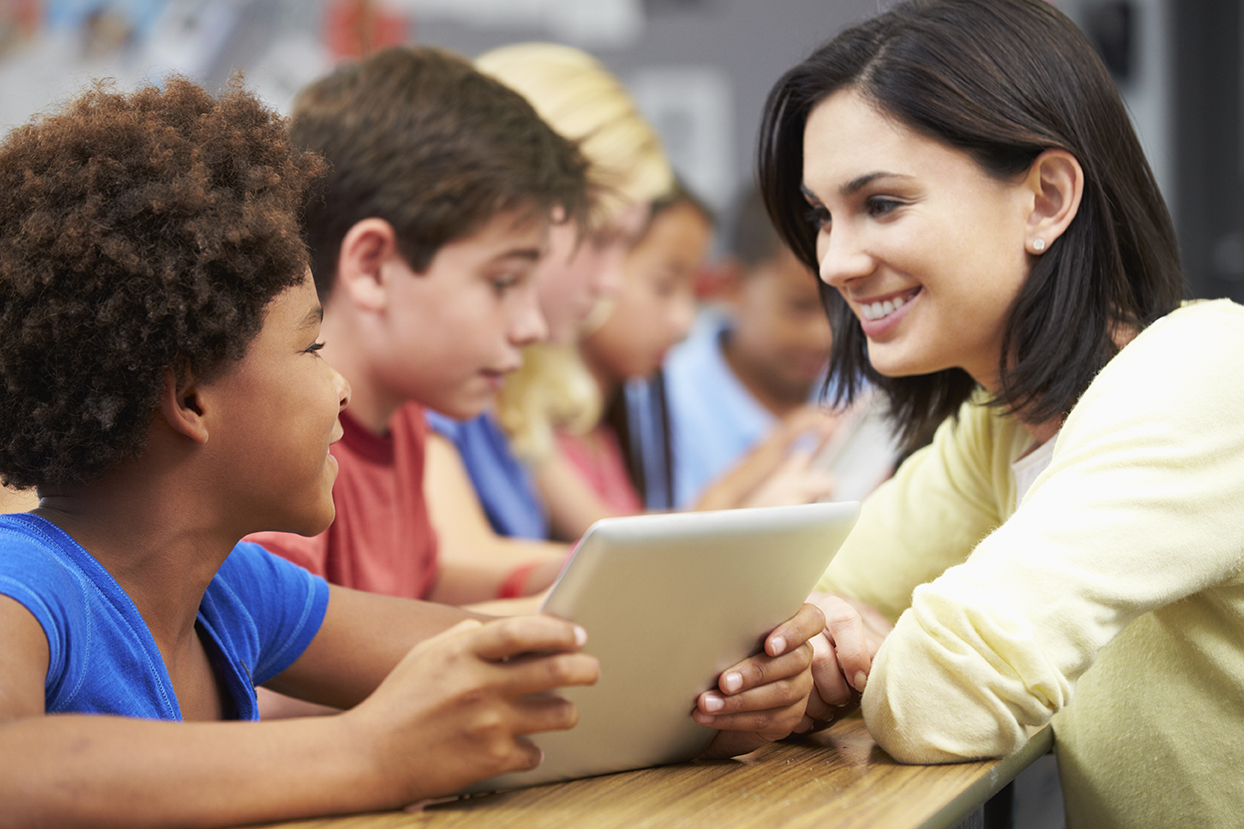
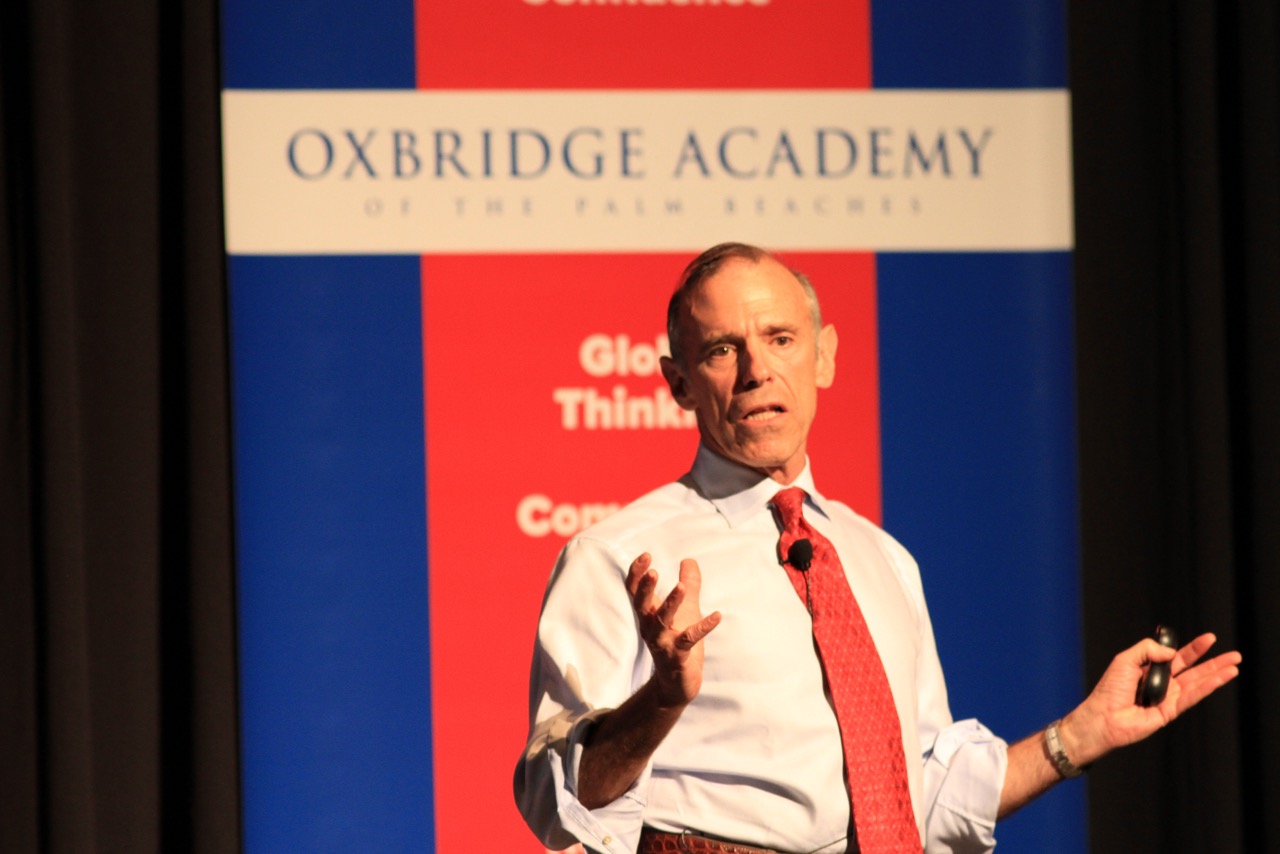
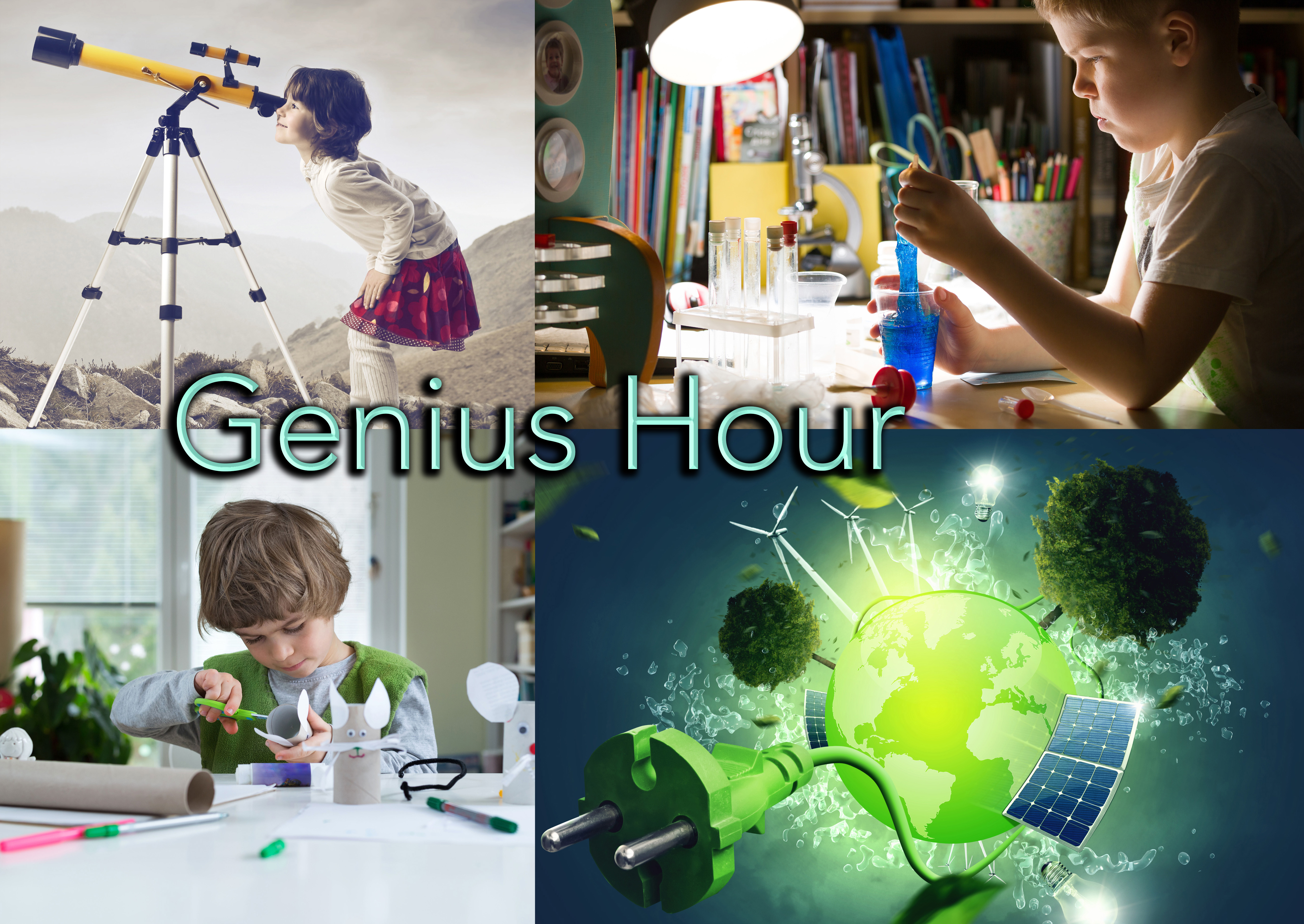
حالیہ تبصرے